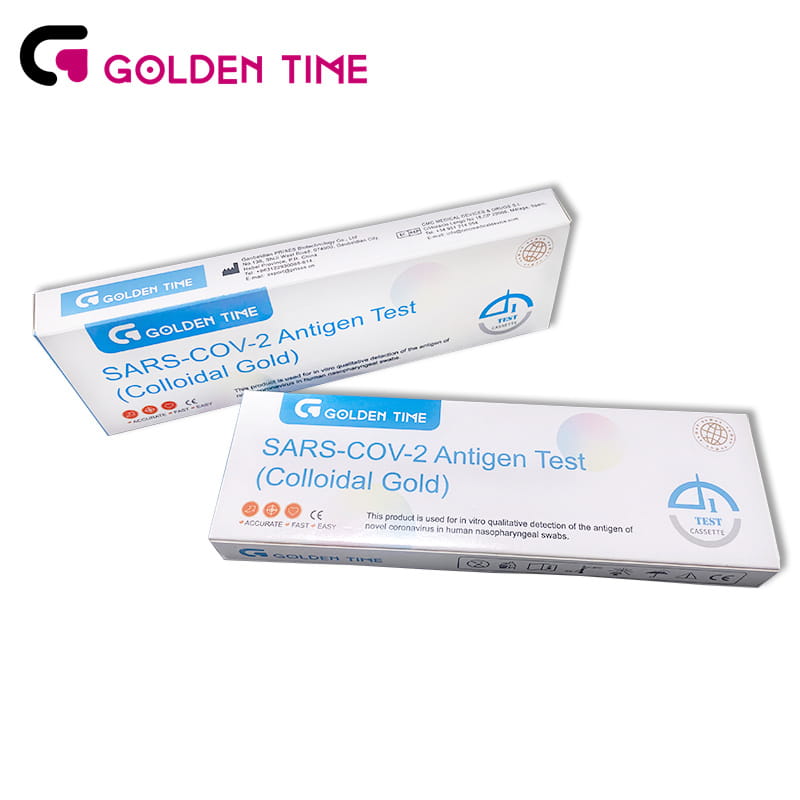Jul . 30, 2024 11:16 Back to list
Affordable Wholesale HCV Testing Solutions to Reduce Healthcare Costs and Improve Patient Outcomes
Understanding the Costs of Wholesale HCV Testing
Hepatitis C virus (HCV) infections remain a significant public health concern globally. As healthcare providers and policymakers emphasize early detection and treatment, the demand for effective and affordable HCV testing has surged. This article delves into the costs associated with wholesale HCV testing and the implications for healthcare systems and patients alike.
HCV is primarily spread through contact with infected blood, and its chronic form can lead to severe liver conditions and even cancer. Early diagnosis is crucial for reducing transmission rates and improving health outcomes. Hence, HCV testing has become an essential aspect of public health strategies aimed at curbing the infection's spread. However, the costs associated with these tests can pose significant challenges.
Understanding the Costs of Wholesale HCV Testing
The wholesale price for antibody tests has declined over the past few years due to technological advancements and increased competition. On average, the wholesale cost of HCV antibody test kits can range from $10 to $25 per test. In contrast, confirmatory tests, such as RNA tests, are generally more expensive, with wholesale prices ranging from $50 to $150 per test, depending on the complexity and sensitivity of the tests.
wholesale hcv test cost

Despite these wholesale costs, healthcare providers often face additional expenses related to the implementation of HCV testing programs. These can include costs for training personnel, purchasing equipment, and providing counseling for patients before and after testing. Consequently, the total expenditure for HCV testing can significantly exceed the initial wholesale prices of the test kits alone.
Moreover, the cost of testing can also affect patient access to necessary medical care. High costs may deter healthcare facilities from providing HCV testing services, especially in low-resource settings. This issue is particularly concerning for vulnerable populations who may be at higher risk for HCV infections, including individuals with a history of intravenous drug use and those with chronic liver disease.
To address these cost barriers, several initiatives have been launched globally. For instance, partnerships between governments, non-profit organizations, and private sector companies are exploring ways to subsidize testing costs and improve access to these essential services. In some regions, programs offering free or low-cost HCV testing have emerged, significantly reducing the financial burden on both healthcare providers and patients.
In conclusion, while wholesale HCV testing provides a pathway for achieving more affordable and accessible healthcare solutions, it is essential to consider the broader context of testing costs. By understanding the various expenses involved in implementing testing programs and recognizing the potential impact on patient access, stakeholders can better navigate the complexities of HCV testing. Ultimately, reducing the wholesale costs and associated barriers will be vital for enhancing early diagnosis, treatment, and prevention efforts in the fight against hepatitis C.
-
Malaria Pf Ag Rapid Test Kit - Quick & Accurate Detection
NewsAug.11,2025
-
Accurate Cardiac Marker CK-MB Rapid Test for Quick Results
NewsAug.10,2025
-
Premium Empty ABS Plastic Cassette for Test Strips
NewsAug.09,2025
-
Sterile Urine Cup: Accurate Specimen Collection for Labs & Home
NewsAug.08,2025
-
Malaria Pf/Pan Ag Rapid Test Kit for Fast, Accurate Diagnosis
NewsAug.07,2025
-
Rapid Canine Corona Test: Fast & Accurate Results
NewsAug.06,2025

